Public Consultation on marine mammals in captivity in MEXICO: Your voice is essential
Mexico City, October 4th, 2024 – Marine mammal advocacy organizations, including Empty The Tanks, Marea Azul, Comarino, Anima Naturalis, Defensa Ambiental, Dolphin Project, and Nakawe Project with, have come together to address the ongoing issues related to the captivity of dolphins and sea lions in Mexico. Despite regulations that have been in place since 2002 banning wild capture, and the 2015 restrictions on marine mammal performances, the suffering continues.
With over 450 marine mammals held in 31 dolphinariums across the country, these intelligent species are often confined in small chlorinated pools or noisy marina enclosures, environments unsuitable for their physical and psychological well-being. These animals suffer from a range of health issues such as blindness, fractures, and frequent transport between facilities, resulting in severe stress and health deterioration.
Now is the time to act. The public consultation on Mexico's NOM-135 standard, which governs the management of marine mammals in captivity, is open until **November 9th, 2024**. This is a critical opportunity for experts, conservationists, and citizens to call for improved welfare standards and stricter regulations.
As biologists and ecologists, tourism operators, students, wildlife lovers, photographers and humans sharing this earth it is our responsibility to contribute our expertise to ensure that marine mammal welfare is prioritized in this legislation.
Key Areas / Points of concern for the Public Consultation:
1. 5.3 Water Quality in Dolphinariums: The current standard does not adequately protect marine mammals from poor water conditions. The implementation of NOM-001-SEMARNAT-2021, which sets weak thresholds for water quality, permits high levels of contaminants, including fecal matter. Poor water quality has been directly linked to cases of septicemia, endotoxin shock, and other infections in captive animals.
2. 5.2 Captures for Scientific Research: There is no justification for further captures from the wild. With over 3,029 dolphins in captivity, research institutions should focus on studying existing captive populations rather than extracting more individuals from the wild.
3. 5.4 Facility Specifications: Captive facilities such as hotel pools and tanks are unsuitable environments for marine mammals. These spaces fail to meet the biological and psychological needs of these animals, and their construction and operation standards must be reassessed.
4. 5.6 Veterinary Management in Confinement: Many animals with severe injuries or chronic conditions are kept alive solely for tourism purposes. This practice disregards the welfare of the individuals involved and prioritizes profit over health.
5. 5.8 Exhibits and Interactive Activities: Interactive programs that require dolphins to physically interact with tourists—such as pulling, carrying, or pushing people—often result in injuries, including fractures and tissue damage.
6. 5.11 Staff Qualifications: It is essential to ensure that only trained professionals with specialized knowledge in marine mammal health and behavior are responsible for the care and management of these animals.
7. 5.4.4 Enclosure Space: Dolphins in the wild have natural home ranges of up to 100 square kilometers. In captivity, enclosures are up to 77,000 times smaller, leading to increased aggression, self-harm, and heightened stress.
8. 5.3.1 Transport of Specimens: The long-distance transport of marine mammals in confined spaces, often for days at a time, exposes them to extreme physical discomfort and psychological stress, further degrading their welfare.
9. 5.6.11 Controlled Reproduction: The practice of artificially inseminating dolphins by forcibly removing sperm from males and inserting it into females is deeply invasive, causing significant distress and disrupting natural reproductive processes.
How you can contribute:
1. **Review the consultation:** [NOM-135 Public Consultation](https://www.dof.gob.mx/nota_detalle.php?codigo=5738634&fecha=10/09/2024#gsc.tab=0)
2. **Submit your comments and suggestions ( check all our key points and copy paste them):** Email SEMARNAT at nom135.mamiferos.marinos@semarnat.gob.mx
Public consultation is a vital opportunity for everyone—whether residing in Mexico or abroad—to voice their concerns and contribute to the protection of marine mammals. This is an urgent call to all individuals, regardless of nationality, to engage in this critical dialogue. Together, we can address the pressing issues facing these magnificent creatures and ensure their survival for future generations
By participating in this consultation, we have the opportunity to advocate for science-based improvements to the standards governing marine mammal captivity. Together, we can promote ethical practices and ensure that these species are no longer subjected to inhumane treatment. Let your voice be heard in defense of marine mammals.
Bottlenose dolphins thrive free and wild in Loreto, Baja California Sur, during our regenerative tourism expeditions captured by our founder Regina Domingo.





